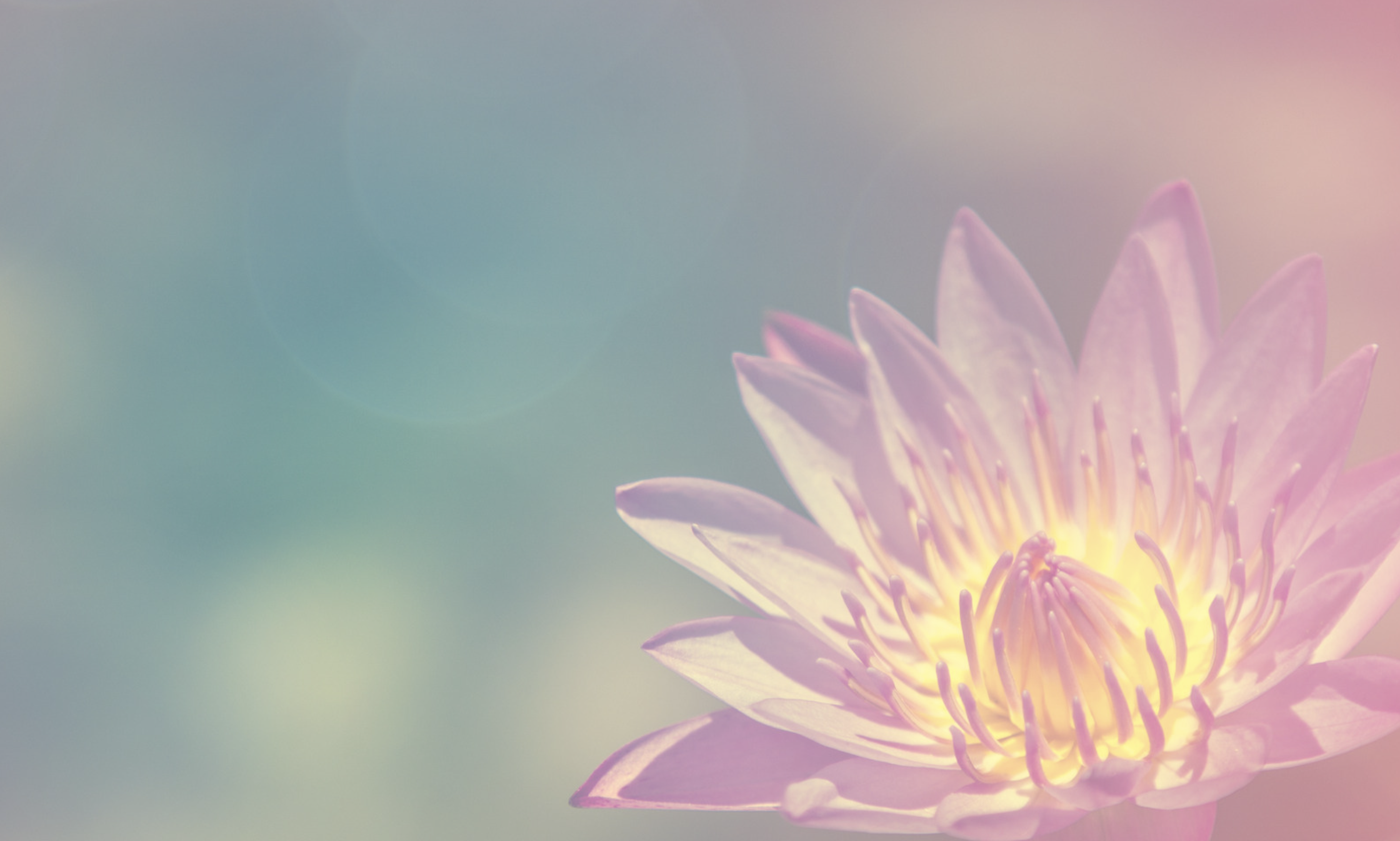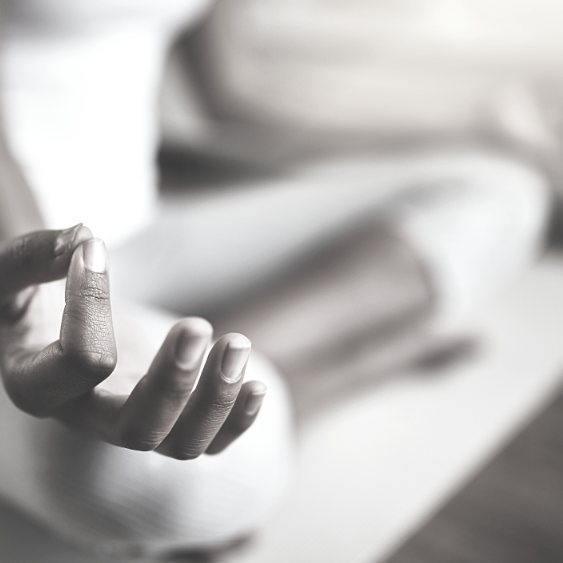
MINDFULNESS..
Mindfulness is a state of being aware of the present moment, without judgment, and with an open and accepting attitude. It has been practiced for thousands of years and is now widely recognized as a powerful tool for relaxation and stress reduction. In this essay, we will explore the benefits of mindfulness for relaxation, including how it works, the science behind it, and practical tips for incorporating mindfulness into your daily routine.
How mindfulness works for relaxation
When we practice mindfulness, we are training our minds to focus on the present moment, rather than dwelling on the past or worrying about the future. This helps us to become more aware of our thoughts, feelings, and bodily sensations, which can be incredibly helpful for relaxation.
For example, when we become aware of the tension in our shoulders or the racing thoughts in our mind, we can use mindfulness techniques to bring our attention back to the present moment and let go of those stressors. By doing so, we can reduce our levels of stress and anxiety and promote feelings of calm and relaxation.
The science behind mindfulness and relaxation
There is a growing body of scientific research that supports the benefits of mindfulness for relaxation. For example, a study published in the Journal of Psychosomatic Research found that mindfulness-based stress reduction (MBSR) can significantly reduce stress levels in individuals with chronic pain.
Similarly, a review of 47 studies on mindfulness and stress reduction found that mindfulness interventions were associated with significant reductions in stress, anxiety, and depression. These findings suggest that mindfulness can be an effective tool for promoting relaxation and reducing stress.
One of the ways that mindfulness works to reduce stress is by changing our brain waves. Research has shown that mindfulness meditation can increase alpha brain waves, which are associated with relaxation and a sense of calm. It can also reduce beta brain waves, which are associated with stress and anxiety.
Mindfulness is a powerful tool for relaxation and stress reduction. By training our minds to focus on the present moment, we can reduce our levels of stress and anxiety and promote feelings of calm and relaxation.
By incorporating mindfulness into our daily routine, we can reap the benefits of this practice and live a more peaceful and fulfilling life.
Start small and observe the transformations around you.
Practical tips for incorporating mindfulness into your daily routine
If you are interested in incorporating mindfulness into your daily routine, there are several practical tips that you can follow:
Start small: You don't have to commit to a long meditation session right away. Start with just a few minutes of mindfulness practice each day and gradually work your way up.
Find a quiet space: Choose a quiet and peaceful place where you can practice mindfulness without distractions.
Focus on your breath: One of the simplest ways to practice mindfulness is to focus on your breath. Take deep breaths and pay attention to the sensations of the air moving in and out of your body.
Practice non-judgment: When you practice mindfulness, try to observe your thoughts and feelings without judgment. Simply notice them and let them pass by.
Incorporate mindfulness into your daily routine: You can practice mindfulness while doing everyday activities, such as washing dishes or walking. Simply focus on the sensations of the activity and bring your attention back to the present moment whenever your mind starts to wander.



